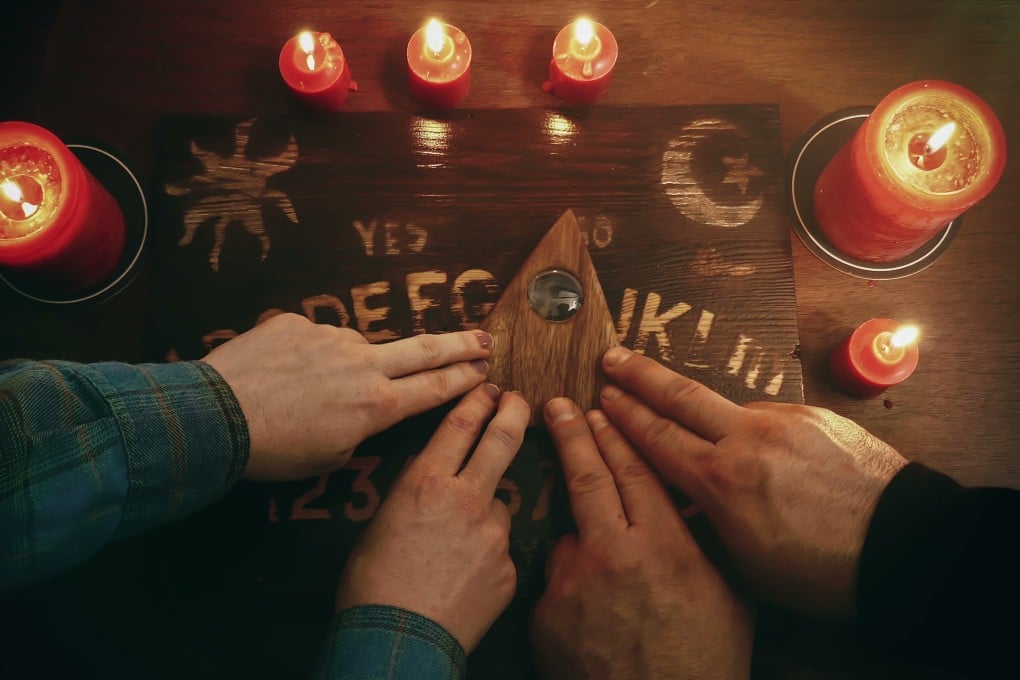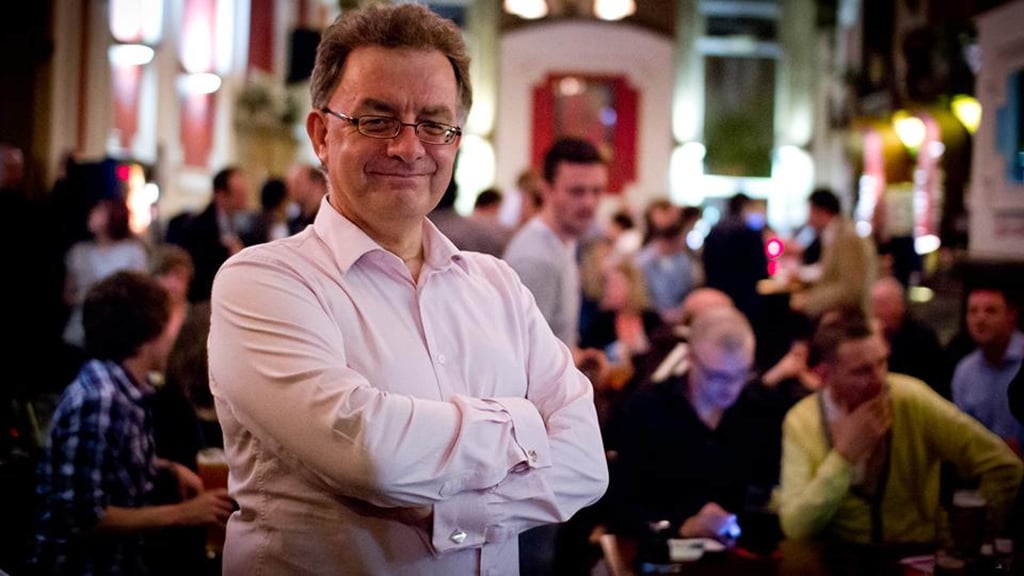Do you believe in ghosts? Fortune-tellers? How one expert explains what ‘paranormal’ is
A professor uses ‘anomalistic psychology’ to try to understand belief in phenomena that lack scientific support – such as psychics or ghosts

Do you believe in ghosts or paranormal activity? Professor Chris French is keen to know why. His research focus is on “anomalistic psychology” – to understand why people believe in events which are not supported by scientific evidence.
Anomalistic psychology – he coined the term – differs from parapsychology.
Anomalistic psychology attempts to explain reports of ostensibly paranormal experiences in terms of non-paranormal, typically psychological, factors, he says.

These factors include hallucinations, the unreliability of eyewitness testimony – when people think they remember seeing things they have not – and a host of mental biases which lead people to explain an otherwise worldly event in supernatural terms.
French, a professor emeritus at Goldsmiths College at the University of London in the UK, explores examples of “supernatural activity” in his research, and in his book The Science of Weird S**t: Why Our Minds Conjure the Paranormal.